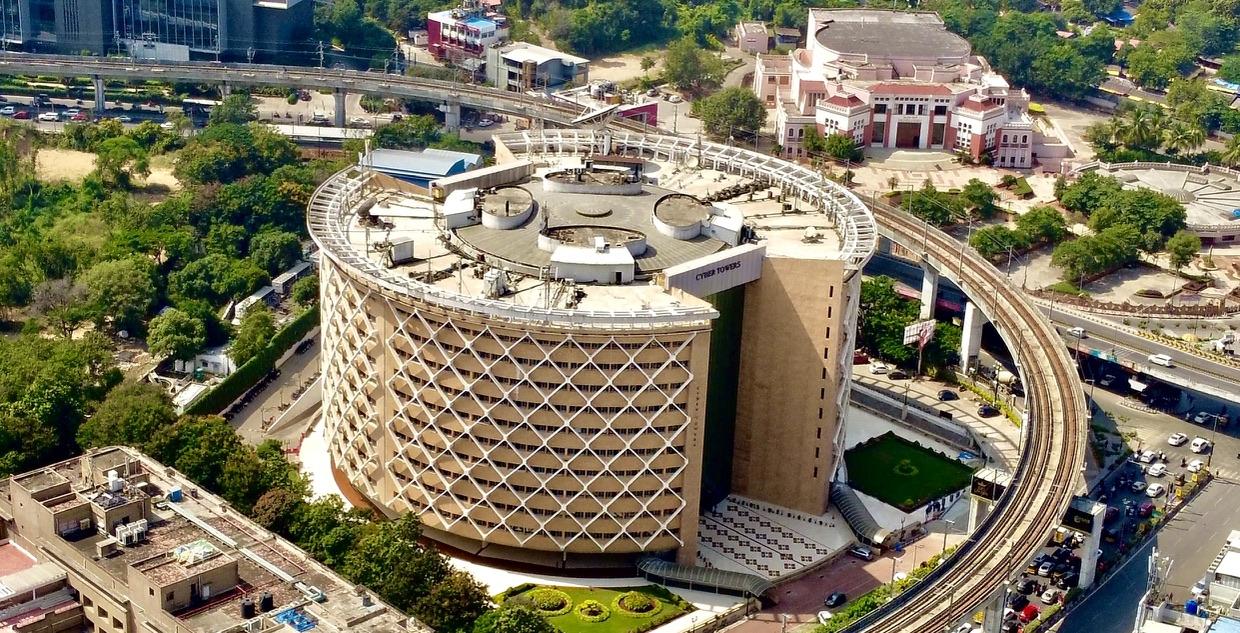
Introduction
Once upon a time, India was synonymous with spices, Bollywood, and cricket. Fast forward to today, and it’s hailed as the global hub of IT services and BPO (Business Process Outsourcing). How did this transformation occur? Was it a stroke of luck, or the result of strategic planning? Let’s explore how India became the IT and BPO powerhouse of the world.
A Brief History: From 90s to 2025
- 1990s: The Dawn of IT
Liberalization in 1991 opened the doors for foreign investment, and tech giants like Microsoft, IBM, and Oracle started tapping into India’s talent pool. Cities like Bengaluru, Hyderabad, and Pune emerged as IT hubs. - 2000s: The BPO Boom
As globalization peaked, companies began outsourcing non-core activities like customer service, HR, and technical support. India, with its English-speaking population and cost-effective workforce, became the go-to destination. - 2010s: Digital Transformation
India adopted digital technologies with programs like “Digital India,” focusing on making services accessible online. The startup culture thrived, and companies like Infosys, Wipro, and TCS grew globally. - 2020s: AI, Big Data, and Beyond
Today, India leads in cutting-edge technologies like AI, machine learning, blockchain, and robotics, offering not just services but also innovative products.
Key Statistics of India’s IT and BPO Industries
- IT Industry Revenue (2023): $245 billion, contributing 8% to India’s GDP.
- Employment: Over 5 million directly employed and 12 million indirectly.
- Exports: 55% of IT services exported to the US, followed by Europe.
- BPO Contribution: Accounts for nearly $38 billion in revenue.
Why India Became the Global IT & BPO Leader
- Cost Advantage: Operating costs in India are 60-70% lower than in the US or Europe.
- Skilled Workforce: Over 4 million engineering graduates annually.
- Time Zone Benefits: Time differences allow 24/7 service operations.
- Government Support: Policies like SEZs (Special Economic Zones) and tax incentives.
- Technology Infrastructure: Affordable internet and advanced tech parks.
Major IT and BPO Hubs in India
- Bengaluru: Known as the “Silicon Valley of India,” housing giants like Infosys and Wipro.
- Hyderabad: Home to Cyberabad, Amazon, and Google’s largest campuses.
- Chennai: Specializes in IT services and automotive tech.
- Pune: A growing IT and BPO hub, focusing on innovation.
- Noida/Gurugram: Major hubs for BPOs and fintech services.
Impact of IT & BPO Industries on India’s Economy
- Job Creation: Direct employment for millions of Indians.
- Urban Development: IT hubs have transformed cities like Hyderabad and Bengaluru.
- Global Recognition: India is now a leader in software and IT exports.
- Startup Ecosystem: India ranks third globally in the number of unicorn startups.
Challenges in the Industry
- Talent Retention: High attrition rates due to competitive hiring.
- Cybersecurity: Rising cyber threats demand robust infrastructure.
- Skill Gap: The need to upskill employees in AI, cloud computing, and IoT.
- Global Competition: Countries like the Philippines and Poland are emerging competitors.
Success Stories
- Infosys: Started in 1981 with $250; now a $17 billion company.
- TCS: India’s largest IT services firm, ranked among the world’s top employers.
- Zoho: A SaaS unicorn catering to global clients while rooted in Chennai.
Future Trends in IT and BPO
- AI and Automation: Transforming customer service and data analysis.
- Remote Work: Post-pandemic trends favoring flexible work environments.
- Green IT: Focus on sustainable and eco-friendly technologies.
- Blockchain: Revolutionizing supply chain and finance sectors.
FAQs
- What is the IT industry in India known for?
Software development, IT services, and tech innovations. - Which city is the IT hub of India?
Bengaluru, often called the “Silicon Valley of India.” - Why is India a top BPO destination?
Cost-effectiveness, skilled workforce, and English proficiency. - What challenges does the IT industry face?
Talent retention, skill gaps, and cybersecurity issues. - What is the future of India’s IT sector?
Growth in AI, blockchain, and sustainable technologies.
Thesaurus
- Attrition – Employee turnover.
- Sustainability – Environmentally friendly practices.
- Fintech – Financial technology.
- Outsourcing – Delegating tasks to external agencies.
- Automation – Use of technology to perform tasks.
- Blockchain – Secure, decentralized digital ledger.
- Cybersecurity – Protection against cyber threats.
- Unicorn – Startups valued at over $1 billion.
- Ecosystem – Community of interdependent organizations.
- Upgradation – Improvement to a better state.
External Resources
Conclusion
India’s journey from a developing nation to a global IT and BPO powerhouse is nothing short of remarkable. With its skilled workforce, cost advantages, and evolving technological capabilities, the country is poised to lead the world into the next wave of digital transformation.









